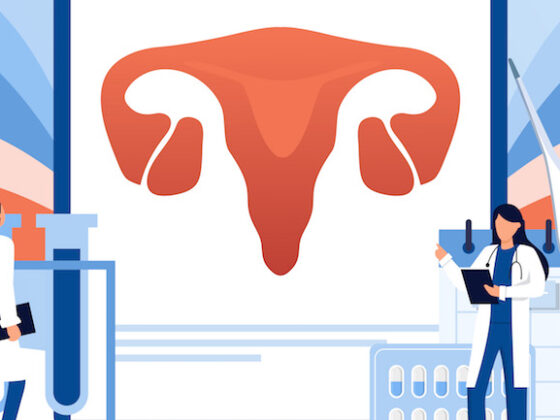Management of breast cancer in older women should include routine use of geriatric assessments. Recommendations from an updated multidisciplinary taskforce, which includes members of the European Society of Breast Cancer Specialists and International Society of Geriatric Oncology, published in Lancet Oncology (14 May), underline the importance of considering heterogeneity in older breast cancer patients. The international authors stress functional age (as opposed to chronological age) and any underlying frailty, should play major roles in decision-making for this population.
“In the context of the limited applicability of the evidence generated in younger or more fit individuals, patient preferences, life expectancy, predicted survival benefits, and effect on anticancer therapy toxicity and quality of life should be carefully considered in decision making,” conclude the authors, led by Laura Biganzoli, from Hospital of Prato, Italy.
Breast cancer prevalence among older women (≥70 years) is increasing. The higher cancer mortality experienced by older versus younger patients represents a major health disparity that could be explained by advanced presentation, delayed diagnosis, organ function decline, and presence of co-morbidities. Older patients can also be under-represented in clinical trials, emphasising the need to carefully evaluate the risks and benefits of anticancer therapy in this population. The multidisciplinary taskforce behind this study ‒ which includes specialists in medical oncology, radiation oncology, surgery, geriatrics, radiology, and epidemiology, as well as patient advocates ‒ was established in 2007 to prepare recommendations for management of breast cancer in older women, with the current publication representing their latest update.
Screening for frailty in women aged 70 years and older, recommend the authors, is needed to identify those at increased risk of adverse outcomes. Stratifying patients as ‘fit, susceptible, or frail’, they write, can recognise those at risk of complications. “Similar to younger patients, fit older individuals can tolerate standard treatment. Susceptible individuals can require treatment adjustment and geriatric interventions,” they write. Competing mortality risks, add the authors, can justify less aggressive approaches. “Decisions should consider not only the risk of breast cancer recurrence, but also the risk of dying of other causes, which is strongly affected by frailty.”
Since geriatric assessment can be time consuming and may not be necessary for all older patients, the authors recommend in the first instance use of toxicity calculators, such as the Cancer and Aging Research Group (CARG) Chemo-Toxicity Calculator and the Chemotherapy Risk Assessment Scale for High-age (CRASH) scores, to estimate risks of grade 3‒5 chemotherapy toxicity. Such scales, they stress, should not be used as the sole factor to determine whether older women should receive chemotherapy, but rather as adjuncts to decision making.
The latest recommendations for management of older women were also expanded to include:
- Cultural and social consideration. In multicultural societies, engagement with the patient’s social and cultural community is considered an important factor in improving outcomes for patients and care givers.
- Surveillance imaging. Biennial screening mammography for women aged 70‒75 years, with mammography is considered unlikely to provide benefit after 75 years.
- Genetic screening. Genetic testing should take place regardless of age, since it may have relevant implications for therapeutic decisions and family members.
- Gene expression profiles. Integrating information regarding general health status is considered essential to ensure accuracy in multigene prognostic models.
- Neoadjuvant systemic treatment options. Fit older patients should be considered for neoadjuvant systemic therapy similar to younger women. Less fit older patients are considered best served by surgery upfront that could enable systemic treatment de-escalation based on pathological findings.
- Bone-modifying drugs. Since bone health is affected by systemic treatments for early breast cancer, baseline assessment and monitoring is recommended for older women, with adjuvant bisphosphonates offered to those found to have moderate to high risk of disease.
- Targeted therapy. CDK4/6 inhibitors in combination with endocrine therapy represent a suitable treatment in older patients with frequent adjustments needed; however, everolimus should be approached with caution and on a case-by-case basis due to its worse safety profile in older patients.
- Supportive care. Due to increased physiological vulnerability and decreased functional reserve, older patients are at risk of decompensation while receiving cancer treatment. Particular care should be paid to digestive symptoms, malnutrition, pain control and depression, with older patients also more susceptible to changes in medications, side-effects and drug interactions.












